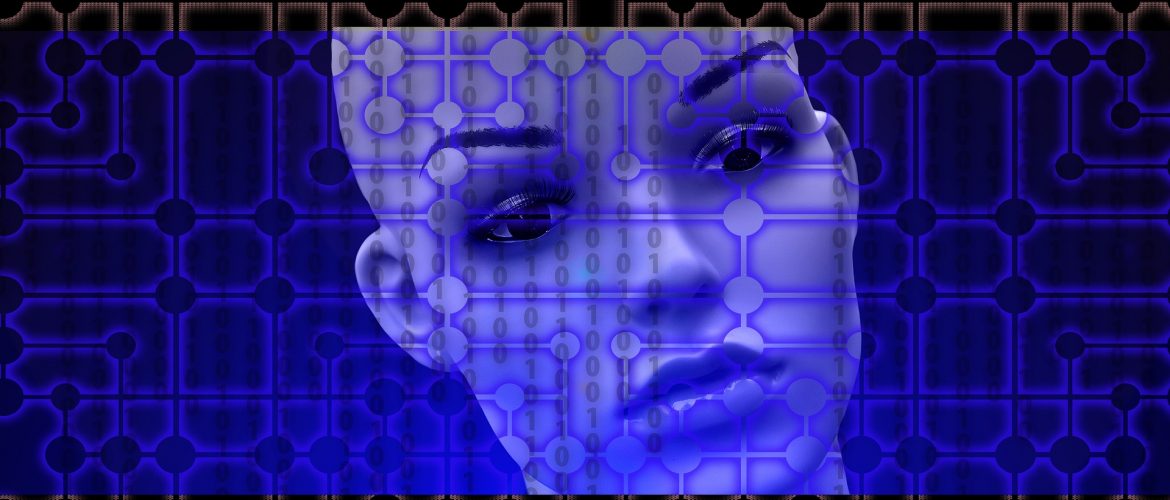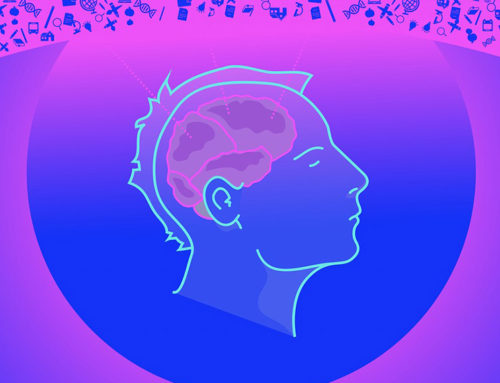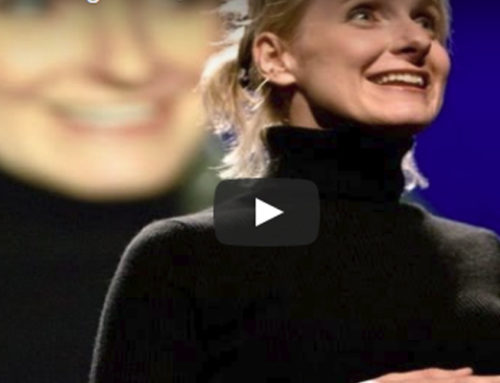In a recent article in the Technology section of “I” UK daily newspape, Rhiannon Williams asks the increasingly troubling question, “Why?”
The online retailer, Amazon recently reported record sales in the millions of units of their Echo, which answers to the name, Alexa. This cylindrical ‘smart’ speaker is armed with an increasingly sophisticated voice recognition technology which can not only understand simple requests of weather, time and fetching search engine information, but amplify musical requests from Spotify and user programmed playlists.
For those of us old enough to remember the Jetsons (the Futuristic parallel to the Flintstones) you may recall the ‘daughter Judy’ speaking to the household robot which provided meals and conversed like a member of the family. If Amazon director Daren Gill has his way, this Alexa voice recognition will soon be incorporated in many white goods from refrigerators to washers. Buttons may become obsolete.
One of my funniest recollections of voice recognition, was accompanying my iPhone using brother who was imploring “Siri” to navigate in Denver Colorado. Suffice it to say that Siri’s inability to comprehend plain English may have increased the phone’s ‘blue’ vocabulary.
I recommend the YouTube “Eleventh Floor” skit from BBC Scotland, which hilariously depicts voice recognition technology in a lift. The truth is we may all find ourselves enunciating and homogenising our accents, which will at least please our secondary school English teachers.
Whitespace is more concerned with the increasing penchant to converse with these robotic technologies. Hollywood has long employed the theme of human robot interaction with increasingly realistic outcomes. Apparently and with Orwellian overtones, the Echo-Alexa has received and tracked millions of messages professing affection and proposing marriage.
Our smart phones and connected devices are not just talking but listening and computing and adapting in order to market us the most appropriate products. Big Brother is a reality in the ‘internet of things’ and will have cultural repercussions far beyond Orwell and Hollywood’s worst nightmares.
Professors Gratch and Morency of USC’s Institute for Creative Technologies (ICT) programmed robots to recognise subtle clues in human facial indicators including differentiation of head nods which range from agreement to understanding. Psychiatric diagnosis will increasingly be performed by robots and prescribed cures may include human robot interaction.
Robotic home assistants were the most prevalent new technology at the recent Consumer Electronics Show CES in Las Vegas. Artificial Intelligence is constantly learning and evolving and will soon populate our daily lives in ways which will challenge our definition of humanity and personality. With millennials spending more time on their devices and interfacing increasingly through social media, Whitespace would like to posit the question Why don’t we just talk with each other? Technology no matter how friendly and personable it sounds is by definition de-humanising.







